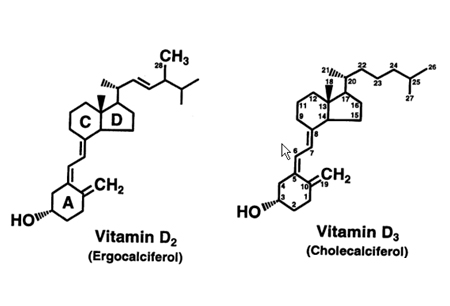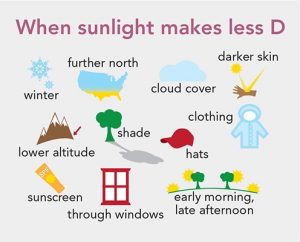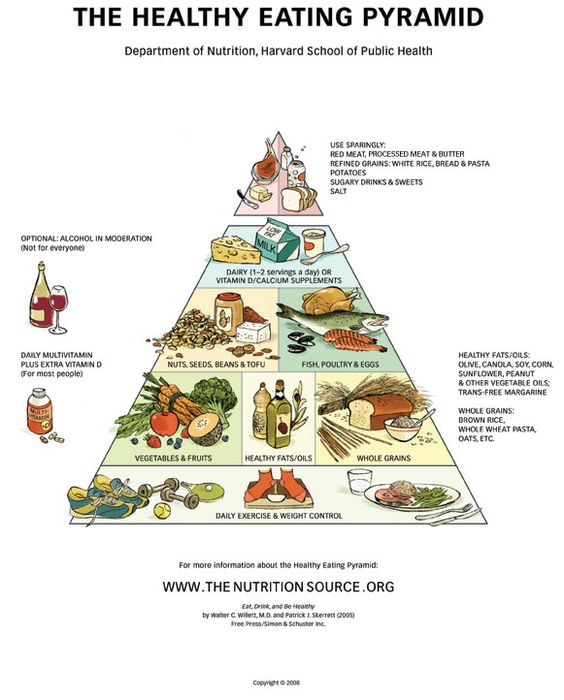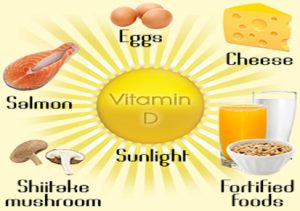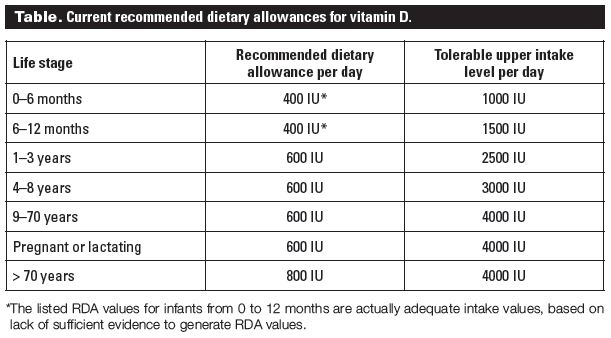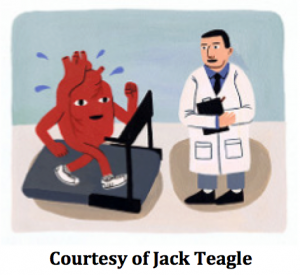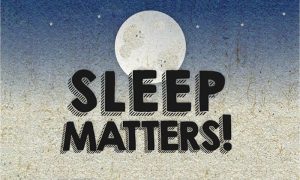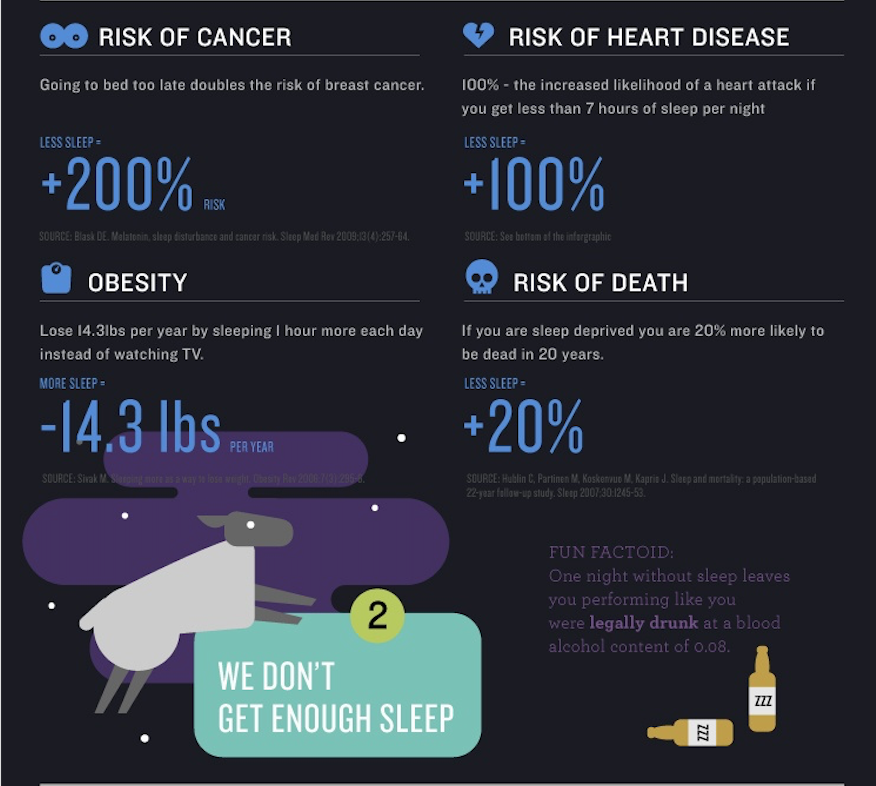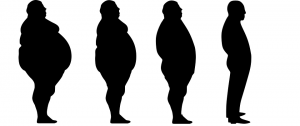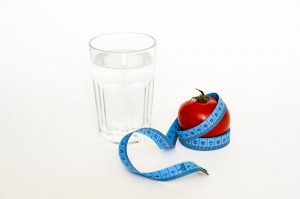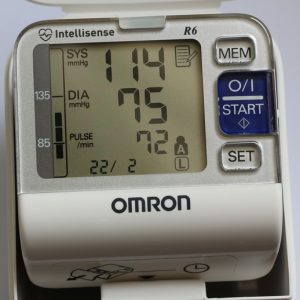At the end of a draining week, there is nothing more satisfying than having a long awaited glass of red wine. This may seem like a guilty pleasure, but what if your favourite weekend beverage actually has proven health benefits?
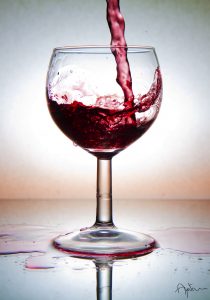
Source: Flickr
History has shown that red wine has been in production for over 6,000 years, and has been used primarily for religious purposes since its origin. However, red wine has been proven to be advantageous for one’s health.
The term wine describes an extensive class of alcoholic beverages, which are the result of grape fermentation. Although wine is a fruit product produced from grapes, the process of fermentation allows it to transform from regular grape juice, into the beverage that we all know as wine!
Ethanol is the alcoholic component in wine, and it has been proven that moderate ethanol consumption can lead to a longer lifespan. A study in Eastern France was conducted, and moderate red wine intake, which was defined as 2-5 glasses per day, was shown to have a 24%-31% reduction in mortality. Now, how exactly does red wine make you live longer?
What makes red wine so unique is the presence of secondary metabolites in grapes, which are called polyphenols. Secondary metabolites are organic molecules that are not directly involved in plant development. Rather, they indirectly aid in defense mechanisms, and keep plants safe.
The skin and seeds of grapes are the source of these polyphenols, and are essential components in the red wine making process. During fermentation of red wine, the skin and seeds are left on, thus allowing humans directly consume the polyphenols. In contrast, before being fermented, white wines are pressed off of the seeds and skins, which also explains why red wine has greater benefits when compared to white wine.
Polyphenols have vital antioxidant properties, which help to lower the overall risk of chronic diseases. They protect our body’s cells from damage, thus helping to lower the possibility of heart conditions, diabetes, and even cancer. Specifically, there is strong evidence that mortality caused by certain types of heart disease is decreased when red wine is consumed. For example, red wine can prevent build-up of fats and other substances in the arteries, ultimately reducing the risk of heart disease.
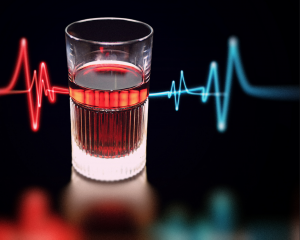
Source: Flickr
Now it is important to remember that this is all in moderation, and doctors recommend 5 ounces, or 1-2 glasses of red wine a day. With that being said, excess consumption of red wine, and similarly other alcoholic beverages, will not have the same effects, and can even lead to higher mortality. So remember, red wine may in fact have health benefits, but it is only a glass a day that will ultimately keep the doctor away.
Bottoms up!
By Alexis Llewellyn

